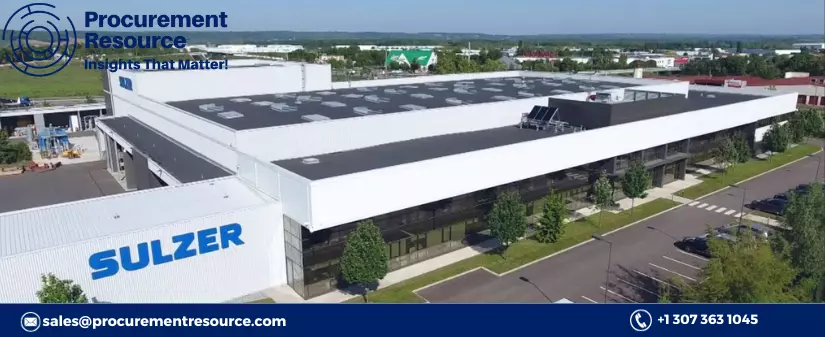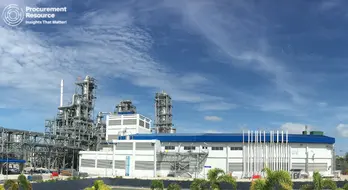Sulzer Moves its Bioplastics production Portfolio up with its Revolutionizing CAPSUL Technology

Sulzer has announced the introduction of a groundbreaking technology, CAPSUL™, designed to revolutionize the production of polycaprolactone (PCL). PCL is a biodegradable polyester commonly utilized in various industries, including packaging, textiles, agriculture, and horticulture. This new technology promises to enhance the efficiency of the manufacturing process of high-quality PCL grades, further expanding Sulzer's portfolio of renewable and circular plastic technologies, which also includes polylactic acid (PLA) process technology.
Request Access To The Latest Price Trends of Polylactic Acid (PLA)
The CAPSUL™ PCL technology, developed by Sulzer Chemtech, is a comprehensive solution that incorporates all necessary purification and polymerization stages into a single, efficient, and continuous process. Leveraging Sulzer’s established proficiency in separation and reaction processes, the technology is designed to be highly versatile, catering to various production scales. This versatility is expected to accelerate the adoption of environmentally friendly and compostable PCL.
Sulzer sees PCL as an integral material in the global effort to reduce plastic waste. The new CAPSUL™ technology is aimed at facilitating increased production of PCL using both traditional and more renewable resources. This aligns with the company’s commitment to assist industry players in enhancing their sustainability practices. Uwe Boltersdorf, President of Sulzer's Chemtech Division, expressed optimism about the role of PCL in minimizing plastic waste and the company's dedication to aiding stakeholders in strengthening their sustainability profiles.
Read More About Polylactic Acid (PLA) Production Cost Reports - Get Free Sample Copy in PDF
According to the article by Procurement Resource, Sulzer unveils its latest plan of ramping up PCL production using CAPSUL technology. It is a significant action and upscaling effort of the company to reinforce its bioplastics portfolio. The production would underprop the company’s aim of environmentally sustainable production.


